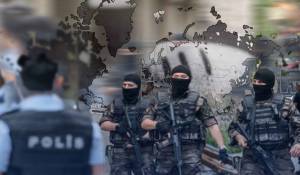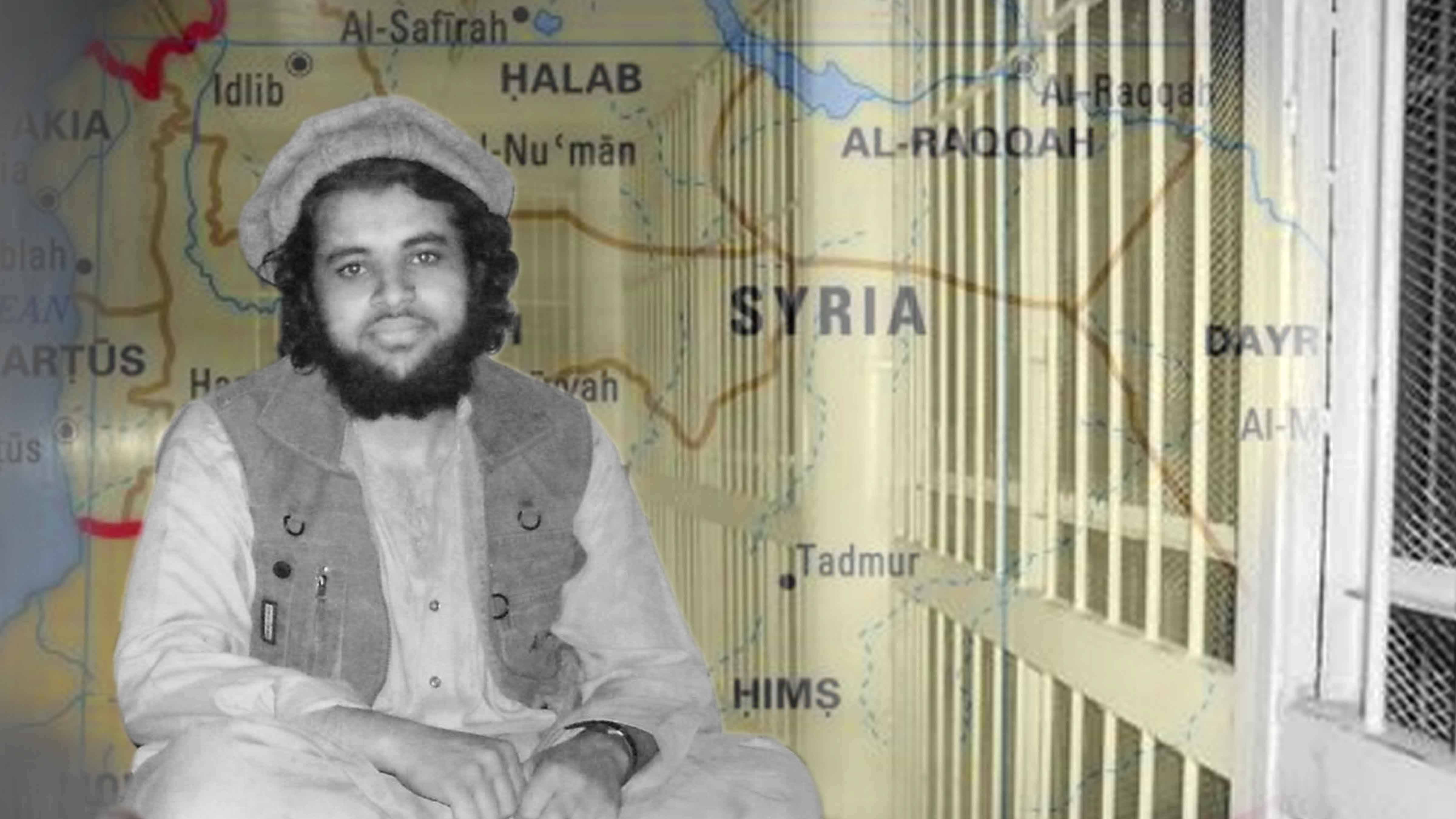
Ihsanullah Tipu Mehsud

February 24, 2026

Al-Qaeda linked encrypted channels have released a short biography of Muhammad Hussain Kanju, also known as Abu Hussain Lebanani. Hussain’s life as a militant exemplifies the transnational jihadi nature of Al-Qaeda, with his interconnections spanning across Lebanon, Afghanistan, Pakistan and Syria.
The biography was published after the fall of Bashar al-Asad's regime, which was toppled by Hayʼat Tahrir al-Sham (HTS) led rebels coalition.
The preface of the biography claimed that initially, Hussain was expected to be released from Syrian prisons along with other fellow prisoners. However, as his death was later confirmed to Al-Qaeda, the organization decided to release his entire biography.
"The news of his certain death at the hands of the jailers of the defunct regime arrived a few days after the conquest of Syria and the release of the prisoners," the two-page Arabic biography states.
Muhammad Hussain Kanju was born in Lebanon. "Abu Hussein Al-Lebnani was a young man from Lebanon. He grew up in a modest family in Tripoli. His father died when he was five years old, so his honorable mother raised him. He enrolled in a technical institute, specializing in mechanics," the biography reads.
Kanju's introduction to jihad came through Osama Bin Laden and Abu Masab Al-Zarqawi. He traveled to Afghanistan in the summer of 2009, joining the camps of Sheikh Bashir Ahmad al-Misri.
According to his biography, a few months later, the Pakistani military launched an operation in the Badar valley of South Waziristan, now known as Upper Waziristan tribal district in the former tribal areas of Pakistan (FATA) bordering Afghanistan, targeting militants. “He received his first battle experience on the soil of Badar valley in Mehsud area,” the biography says.
"Allah also enabled him to participate in the fighting deep in Afghanistan in 2011 as a fierce fighter in Ghazni province along with Abi al-Rabi and Abu Ya'qub," the biography states.
In 2012, Hussain went to Ghouta and Daraa, Syria, where he trained and directed operations against Bashar al-Asad's government. "(In Syria) He was a great help to his brothers, training, directing and supervising the first operations that destroyed the heart of Damascus, such as storming the General Staff building. From there, his jihad took him to Daraa, fighting and planning there, where he was injured in the chest during the storming of one of the barracks, then to Qalamoun," the biography narrates.
He was captured by the Syrian Army in Beit Jinn, Damascus’ country side along with two of his “immigrant” fellow militants and taken to prison. "Siege was imposed on the Beit Jinn town and our brother was in it. He could have fled towards the north to deceive the people who attacked. He was captured along with two of his immigrant brothers, and they were taken to the prison."